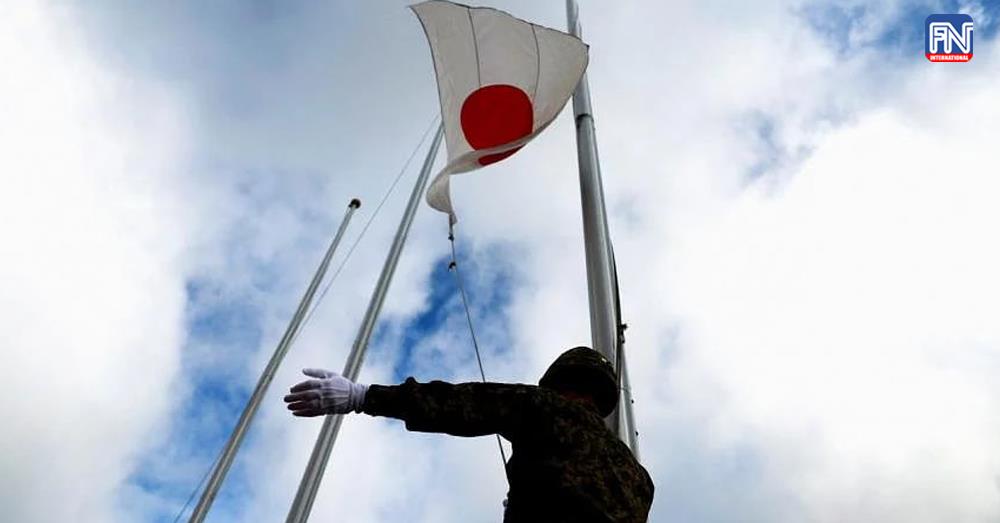TOKYO, July 22 (Reuters) - Japan warned on Friday of escalating national security threats, including repercussions from Russia's war with Ukraine, Chinese intimidation of Taiwan, and vulnerable technology supply chains, in its annual defence white paper.
The report sets out the government's security concerns as it prepares the defence ministry budget request due next month, aiming to build public support for an unprecedented hike in military funding that the ruling party aims to double over the next decade or so.
It also sets the stage for a year-end national security review expected to call for the acquisition of longer-range strike missiles, strengthened space and cyber capabilities, and tighter controls over access to technology.
"The political, economic and military rivalries between nations is clear, and the challenge posed to the international order is a global issue," the white paper said.
It describes Moscow's attack on Ukraine as a "serious violation of international law" and raises concerns that Russia's use of force to resolve a dispute established a precedent that threatens the security of neighbouring Taiwan, which Beijing views as its own territory.
Chinese military planes are increasingly probing Taiwan's air defences, with fighter jets this month crossing the Taiwan Strait's median line, the unofficial buffer between China and Taiwan. Taipei criticised that manoeuvre as a "provocation".
Beijing says it has sovereign rights and jurisdiction over the waterway.
The defence white paper approved by Prime Minister Fumio Kishida's government identifies China, Russia and North Korea as its main security concerns. Kishida's defence minister, Nobuo Kishi, last month had described Japan as being on a front line surrounded by nuclear-armed actors.
Most Japanese appear to share government concerns over Japan's deteriorating security environment, with recent opinion polls putting support for higher defence spending at more than 50%.
Kishida's ruling Liberal Democratic Party, which has pledged to double military spending to 2% of GDP, gained seats in national elections for upper house lawmakers this month.
A 2% target would bring Tokyo in line with a minimum commitment set by North Atlantic Treaty Organization (NATO) members, and given the size of its economy, would make the pacifist nation the world's No.3 in total defence spending after the United States and China.
The white paper cited comparative OECD estimates of defence spending for Japan and eight other countries, showing Japan at 0.95% of GDP, the United States at 3.12%, South Korea at 2.57%, nearby China at 1.2%, and neighbouring Russia at 2.73%.
Japan's spending as a percentage of GDP is lower than all other Group of Seven nations, as well as Australia and South Korea, it said.
"Spending per capita in South Korea, Britain, France, and Germany is two to three times as much," the document said.
